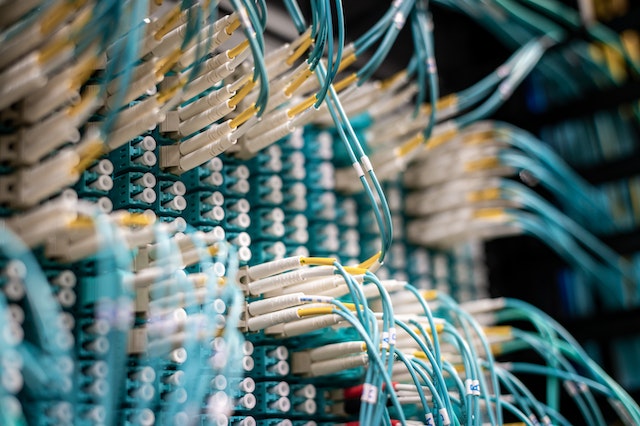In today’s digital age, having high-speed internet is a must. Whether you need it for work, school, or entertainment, it’s important to have a reliable internet connection. However, with so many options available, it can be overwhelming to decide which one is right for you. In this article, we’ll break down the pros and cons of the three most common high-speed internet options: cable, DSL, and fiber.
Cable internet is one of the most popular options and is typically provided by your local cable TV company. It uses the same coaxial cable as your cable TV service, which makes it easy to set up. The main advantage of cable internet is its speed. It can offer download speeds up to 1 Gbps, making it one of the fastest options available. This is ideal for those who need a fast connection for streaming, online gaming, or downloading large files.
However, the downside of cable internet is that the connection is shared with other users in your area. This means that during peak usage times, your internet speed may slow down. Additionally, the pricing for cable internet can be higher than other options.
DSL (Digital Subscriber Line) internet uses your existing phone line to provide internet service. This option is typically provided by your local phone company. The main advantage of DSL is that it is widely available, making it a good option for those who live in rural areas. It also tends to be less expensive than cable internet.
However, DSL internet can be slower than cable internet. It also relies on the distance between your home and the provider’s central office. The farther away you are, the slower your internet speed will be. Additionally, DSL internet can be less reliable than cable or fiber, as it can be affected by weather and other external factors.
Fiber optic internet is the newest and fastest option available. It uses fiber-optic cables to transmit data, which allows for extremely fast speeds and low latency. This makes it ideal for those who need a fast and reliable connection for gaming, streaming, or video conferencing.
The main disadvantage of fiber internet is that it is not yet widely available. It is typically only available in larger cities and more densely populated areas. Additionally, it can be more expensive than other options. However, as more providers begin to offer fiber internet, prices are likely to become more competitive.
When deciding which high-speed internet option is right for you, consider your needs and budget. If you need a fast connection for streaming and gaming and don’t mind paying a higher price, cable or fiber internet may be the best option. If you are on a budget or live in a rural area, DSL internet may be a good choice. Additionally, it’s important to consider the reliability and availability of each option in your area.
In conclusion, cable, DSL, and fiber are the most common high-speed internet options available. Each option has its own pros and cons, and the right one for you will depend on your needs and budget. If you’re unsure which option is right for you, contact your local providers to learn more about their plans and pricing.








